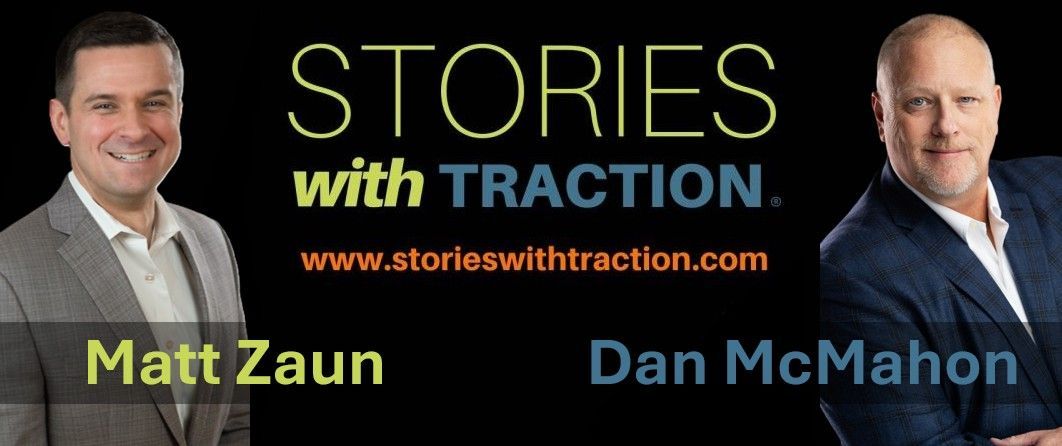Maximizing Firm Value During the Baby Boomer CPA Transition Tsunami
The sheer volume of baby boomers retiring is like a tsunami racing through CPA firms. Is your firm poised to capture enough value to allow for a stable retirement for exiting equity partners?
The first group of baby boomers started to turn 65 in 2011 and the wave of additional baby boomers to enter this age bracket will continue for years to come.
The implications of this on CPA firms is quite substantial and the impact will be widely felt for years to come. Unfortunately the firms that do not have in place a strong growth strategy aligned with sound tactics will be faced with substantial issues in what promises to be a very competitive environment.
The CPA Transition Tsunami
On the one side we have the potential for a large number of exits. And on the other side we have limited funds available. The scenario has all the potential markings of a feeding frenzy, and the firms that are caught flat footed will face some serious shortfall.
In our capacity as business growth advisors, one of our core client concentrations is focused on the CPA space (two of our business growth advisors are CPA’s) in large part because we know this space extremely well. We regularly advise our clients to prepare for what promises to be tectonic change and to position their firms as best they can to take advantage of these upcoming opportunities.
The Impact of the CPA Transition Tsunami
While not related directly to any of our clients, some key observations we have made that are broadly applicable to today’s CPA Firms are as follows:
- Some Firms have not adequately planned for upcoming partner retirements. Firms that are looking to cash out and to retrieve cash equity need to begin their planning years in advance.
- Many firms that are beginning to consider a potential transition event have not been spending enough time on client development – the result is that too often their client base is aging with them, thereby diminishing the lifetime value of their clients in the eyes of potential new buyers.
- Too many firms are not properly developing their in-house talent to achieve a healthy and equitable transition where new, younger partners can take over the CPA Firm allowing older partners a healthy exit while also leaving a legacy intact.
79% of firm owners say succession planning will be a significant issue for their firm within the next 10 years, and yet nearly half of them do not actually have a succession plan in place!
Source: http://www.journalofaccountancy.com/Issues/2013/Jan/20126674.htm
- Too many firms with partners of the baby boomer generation are not being realistic about the value of their CPA Firms, nor are they putting in the work to make their firms as attractive as possible for a potential sale or exit through partnership, merger or acquisition.
- Many firms with baby boomer generation partners are not focused on the reality that there is about to be a deluge of other firms attempting to do the exact same thing they aspire to do. This is often referred to in marketplaces as a glut…. And when there is a glut the price of goods (all other things being equal) goes down due to a finite amount of available capital.
- The combination of a large percentage of firms with partners of the Baby Boomer demographic, too many firms without solid succession plans in place and too many firms with partners looking to exit has created a heavy merger environment (For further reading specific to this subject we suggest this article in the Journal of Accountancy), but many of the underlying exit pain points still exist.
- Those firms that plan to continue operating in their current state are not spending enough time building out their capital reserves – in a world of too much capacity there will be some great buying opportunities at what might otherwise be considered bargain prices. The firms that are quicker to grasp this, and are prepared to act decisively and with vigor will have some great opportunities ahead, likely at the direct expense of their competitors.
Thriving in Complex Times
Our role as growth advisors to our CPA clients is to help use growth strategies and tactics to not only prepare for a variety of potential future scenarios, but to actually thrive in these environments. It is unfortunate that some firms might not realize their full potential in a transfer of ownership. However, for those firms that are able to appreciate the role of demographics in this conversation and are willing to focus on sustainable growth and transferability, we are excited about a plethora of wealth generating opportunities that will be arising over the next few years.












